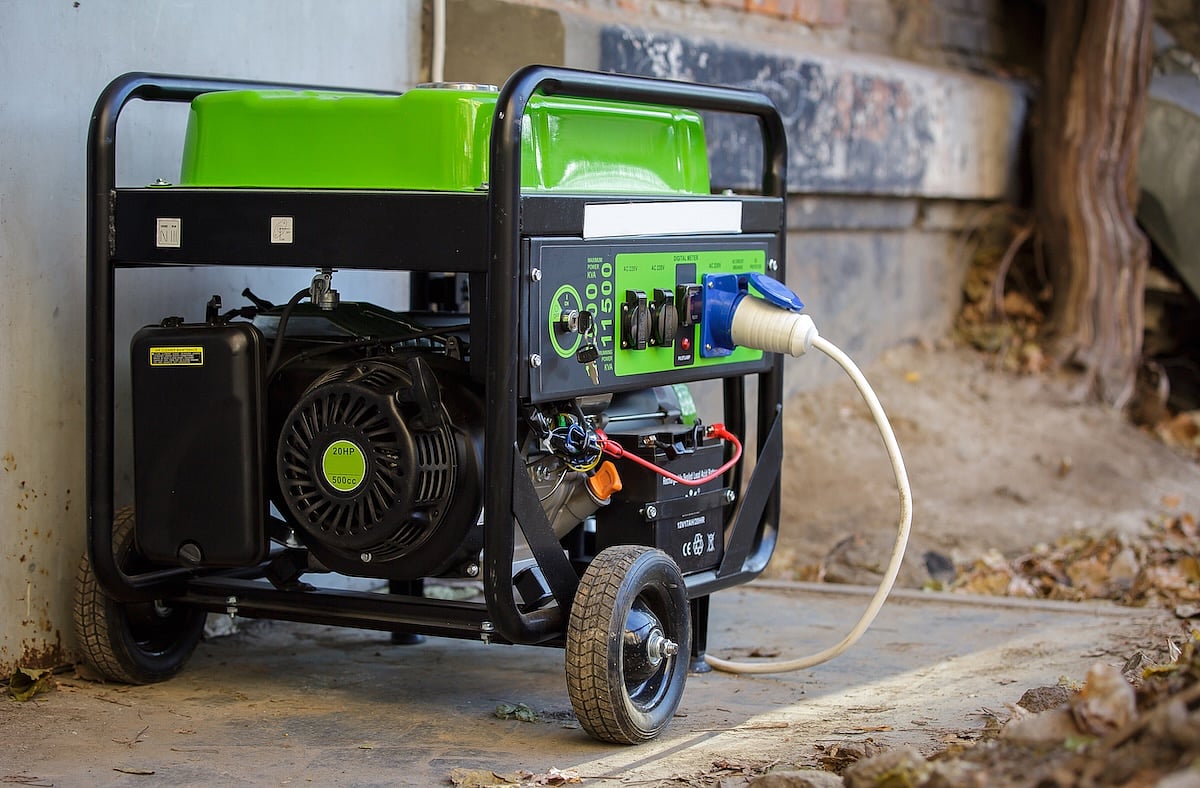Get Healthy!

- Dennis Thompson
- Posted May 13, 2025
Blackouts Boost Carbon Monoxide Poisoning Risk Among Young Kids
Power outages greatly increase a young child’s chances of carbon monoxide poisoning due to improper use of gasoline-powered generators, a new study says.
Children younger than 5 had a more than 50% increased risk of carbon monoxide poisoning during small-scale power outages affecting at least 1% of a community, researchers reported today in the journal Pediatrics.
Larger-scale outages affecting at least 20% of homes increased kids’ risk of carbon monoxide poisoning by more than 150%, researchers found.
“Power outages should be regarded as an important carbon monoxide poisoning risk factor,” concluded the research team led by Dr. Alexander Northrop, a resident with the Children’s Hospital of Philadelphia.
For the study, researchers tracked power outages in New York state between 2017 and 2020, comparing them to emergency room visits for children younger than 18.
There were 917 cases of carbon monoxide poisoning among children during that period, most commonly among children 5 and younger.
Carbon monoxide is a colorless, odorless gas produced by combustion. It can cause death in severe cases, with headache and nausea among early warning signs of exposure, researchers said.
Children are more vulnerable to carbon monoxide because they breathe faster and have higher metabolisms than adults, researchers noted.
Results show that carbon monoxide poisonings among children did spike during power outages.
In fact, just four hours without power increased the odds of a child experiencing carbon monoxide poisoning, researchers said.
The incidence of fatal carbon monoxide poisoning from generator use increased nearly fivefold from 2000 to 2018, researchers said in background notes.
Doctors might be able to help by instructing parents on safe generator use, particularly during seasons where heating or cooling is important, researchers said.
“Patient education, including safe use of generators and disaster plans during outages, could be discussed during well-child visits,” researchers wrote. “Increased use of carbon monoxide monitors may also be considered to identify harmful levels of indoor CO during outages.”
The American Red Cross says that for safety’s sake, people should never operate a generator, grill, camp stove or other combustion device inside an enclosed area like a home, garage or basement. Opening doors and windows or using fans will not prevent carbon monoxide buildup.
These devices should be operated outdoors only, away from any doors or windows that could allow the gas to seep inside a home, the Red Cross says. CO alarms should be installed to detect the gas.
More information
The American Red Cross has more on generator safety.
SOURCE: American Academy of Pediatrics, news release, May 5, 2025
